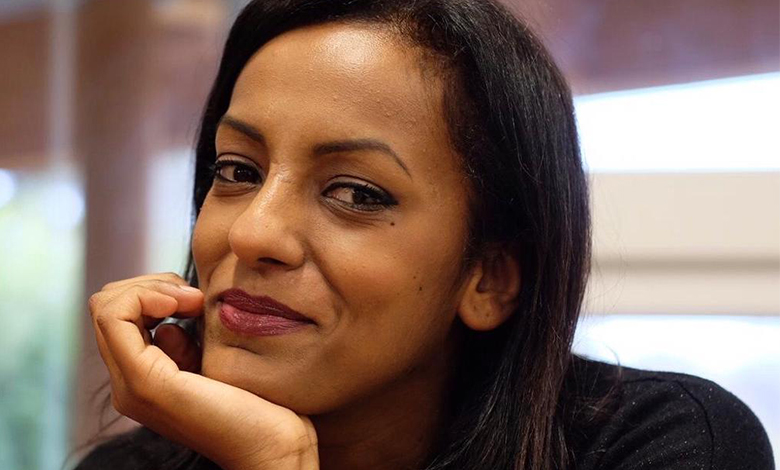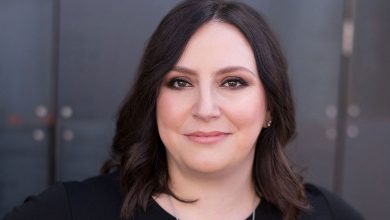
Dear Ms. Woldeghiorghis, can you introduce yourself to our readers?
My name is Maharit Woldeghiorghis hand I am a Communication Project Manager with over 10 years of experience in driving communication strategies. I worked with both Italian and international brands. During my experiences, I’ve always noticed how Italian brands are avoiding inclusivity in their communication. Here comes my dream to open a communication agency, MAWO Communication, to promote more inclusivity focusing on Italian brands. This is how I managed to combine my professional and personal skills as part of the diaspora. I also co-run an NGO based in Tanzania helping the education of the albino community.
In your opinion, which are the main challenges that African social media marketing specialists face nowadays?
I believe that there are several critical issues in the continent, for example, the lack of adequate infrastructures for the diffusion of WiFi, many states have very high costs for internet connections that are unsustainable for many, this leads to the lack of a Digital Democracy. The management of potential internet disruptions wanted by countries for specific reasons e.g. election, wars, deprivation of free speech,…
The most significant thing to focus on, in my opinion, is the political aspect of social media, they can be a weapon in favor of the people to protest but also in favor of governments that could implement “surveillance” strategies among the population. Also, there are some governments imposing an internet shutdown for political reasons.
Continuing focusing on the political aspect, we have to mention the problems of “fake news” on social media.
In recent years Africa has seen the world’s highest internet penetration growth rates. This means that we should expect social media to play an increasing role in politics and security on the continent.
How would you define the role of social media in our lives today?
It is difficult to answer this question, especially if we think of the African landscape where a large part of the population is still cut off not only from social networks but also from the internet, here the role of social media is practically nil. For us in the diaspora, the role of social media is an important way of communication or to get information: for example, keeping contact with our family members scattered around the world, get news about our countries, helping our people back home to support a cause, give the world a new narrative about our Africa.
I believe that this is the power of social media.
Why do you think is influencer marketing so widely accepted on most social media platforms?
For economic and strategic reasons!
A phenomenon that is growing is using marketing technologies that allow influencers to generate income from online activities.
Influencer Marketing allows brands to locate and advertise directly to their target audience. Is the new word of mouth. This can overcome the problem that brands could have with their customers becoming increasingly skeptical of brands and their marketing tactics, and building trust is crucial. Advertising through influencers allows brands to promote through someone that a niche community watches, engages with, and trusts on a daily basis. So, instead of being skeptical of a commercial or social media ad, consumers are trusting that if their influencer of choice loves the product, they will too.
In your opinion, which qualities make someone successful as an influencer?
Definitely creativity, Influencer comes from the word “to influence”, if we open the dictionary, we find that the generic definition is which is “Conditioning someone in behavior or attitude”. And this is exactly the role of the influencer. I believe that anyone who wants to pursue this career must be aware of this “power”. African influencers are very important to change the negative narrative of Africa by preferring truthful storytelling of what happens on the Continent.











